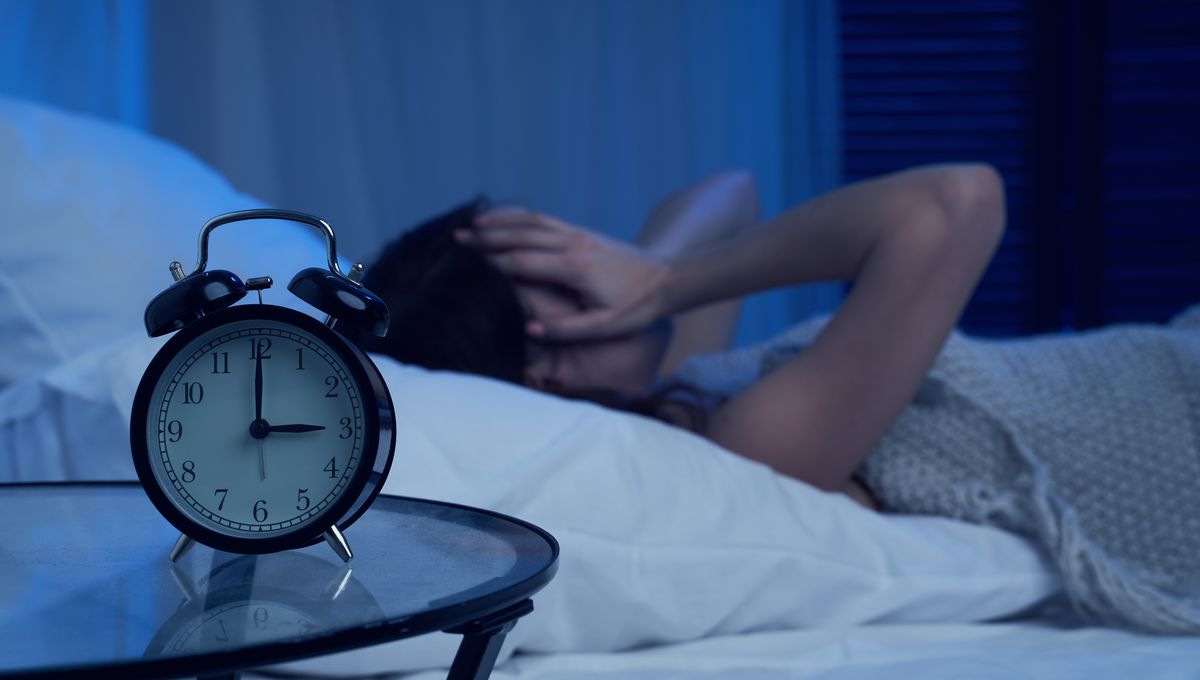
It’s becoming increasingly apparent that when it comes to sleep, quality is just as important as quantity. A new study has thrown its hat into the ring, suggesting how sleep deprivation could impact the immune system and may increase inflammation – even after just one night of poor kip.
ADVERTISEMENT GO AD FREE
Existing evidence has linked disrupted sleep to an array of chronic conditions, including obesity, diabetes, and cardiovascular disease. The association has also been identified in the opposite direction, with certain conditions known to contribute to poor sleep health. It’s a complicated picture of cause and effect, made even more so by the fact that the specific mechanisms underpinning it are so poorly understood. For example, the direct effect of sleep on circulating immune cells is a scientific ambiguity.
Now, researchers behind a new study have turned their attention to monocytes – a principal component of the body’s innate immune system, which play a vital role in immune surveillance and response to pathogens – and how sleep quality influences them.
There are three subsets of monocytes: classical, intermediate, and non-classical. Classical monocytes are involved in immune surveillance; intermediate in immune activation and inflammation; and non-classical in sensing and responding to inflammatory cues.
To explore the association between sleep health and changes within these monocyte subclasses, as well as their potential impact on inflammatory responses, the team recruited 237 healthy adult participants of varying body mass index (BMI) – though this is arguably not a very accurate health measure. They took blood samples from each individual to establish profiles of their different monocyte levels and inflammatory markers. Meanwhile, their dietary intake, physical activity, and sleep patterns were tracked using a wearable accelerometer.
Individuals designated as obese had significantly lower sleep quality and higher chronic low-grade inflammation, the researchers found. Non-classical monocytes were also significantly increased in obese individuals, correlating with poorer sleep quality and elevated pro-inflammatory markers. Further analysis revealed that sleep disruption independently contributes to inflammation, regardless of a person’s obesity status.
In controlled sleep deprivation experiments, five healthy, lean participants went 24 hours without sleep and had their blood taken throughout. The results confirmed the team’s previous findings: sleep deprivation altered their monocyte profile, with reversible increases in nonclassical monocyte expression, as seen in obese individuals.
ADVERTISEMENT GO AD FREE
“This study highlights the importance of sleep quality in regulating immune responses and inflammation in obesity, suggesting that improving sleep quality could reduce inflammation and improve health outcomes,” the researchers write.
Their findings are particularly pertinent given the current state of our sleep health.
“Our findings underscore a growing public health challenge. Advancements in technology, prolonged screen time, and shifting societal norms are increasingly disruptive to regular sleeping hours. This disruption in sleep has profound implications for immune health and overall well-being,” Dr Fatema Al-Rashed, who led the study, said in a statement.
The researchers hope that future research into the mechanisms linking sleep deprivation and immune changes, and exploring how interventions can help mitigate this, will inspire policymakers and health practitioners to implement strategies promoting better sleep practices.
ADVERTISEMENT GO AD FREE
“Ultimately, this could help mitigate the burden of inflammatory diseases like obesity, diabetes, and cardiovascular diseases,” said Dr Al-Rashed.
The study is published in The Journal of Immunology.
Source Link: What One Night Of Sleep Deprivation Could Do To Your Immune System